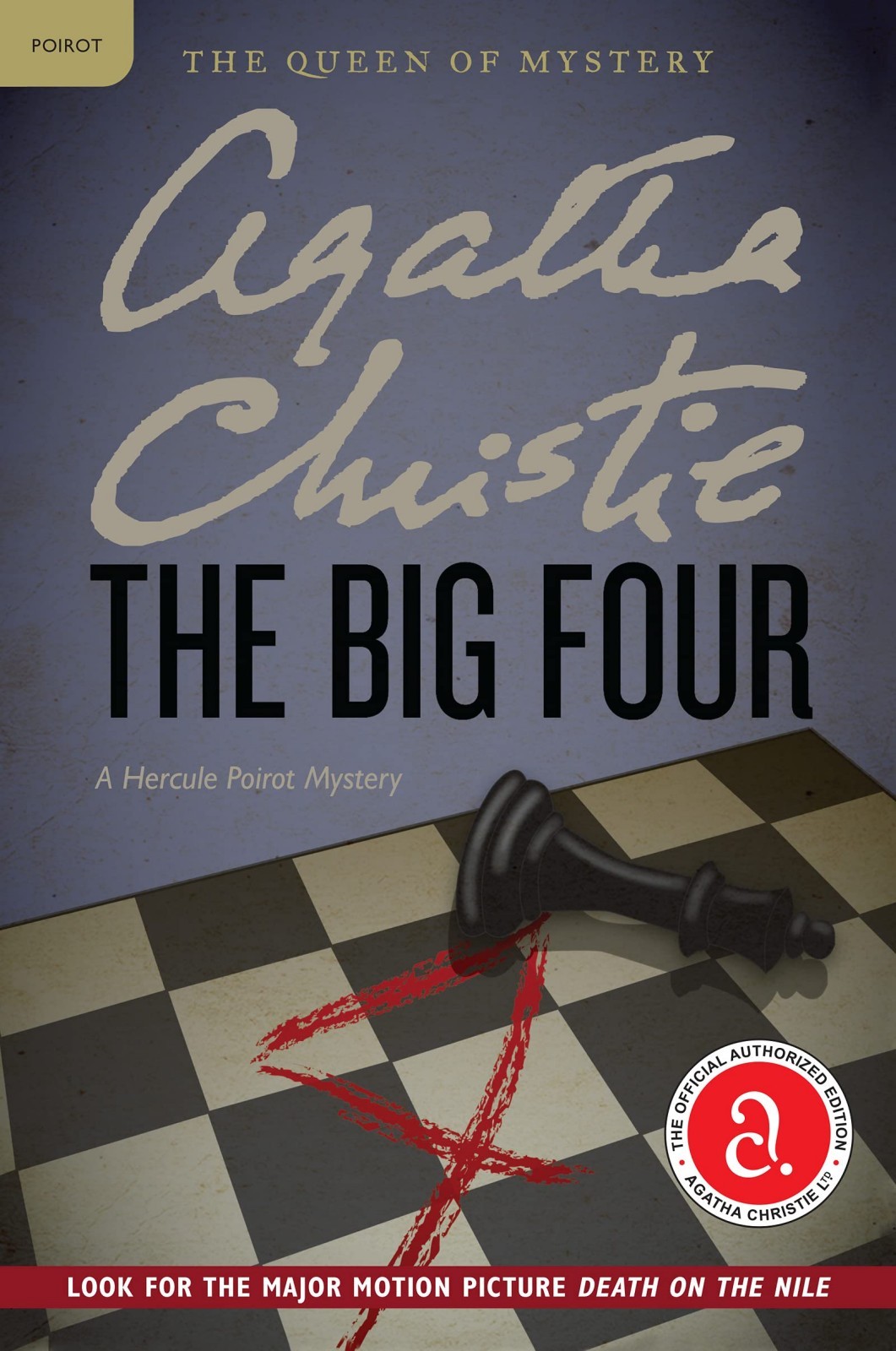Sharpe's Havoc (Sharpe, #7)
Title: Sharpe's Havoc (Sharpe, #7)

Author: Bernard Cornwell
Published in: 2003
Date read: 29th July 2017
Score: 4/5
Genre: Historical fiction
Plot: (Warning, may contain spoilers):
"Sharpe's Havoc" by Bernard Cornwell, published in 2003, is the 17th novel in the Richard Sharpe series. Chronologically, it's set earlier in Sharpe's career, specifically during the disastrous retreat to Corunna in November 1808, preceding "Sharpe's Escape." This book vividly portrays the chaos, suffering, and desperation of the British Army's winter retreat through Portugal, with Major Richard Sharpe caught in a personal struggle amidst the larger military collapse.
The story begins as the British forces, under the command of Sir John Moore, are attempting a strategic withdrawal from Portugal, pursued by a superior French army led by Marshal Soult. The retreat quickly devolves into a desperate struggle against freezing weather, dwindling supplies, rampant disease, desertion, and constant harassment from the French. Discipline breaks down, and the army becomes a ragged, starving mob.
Sharpe, still a relatively junior officer (a captain, though sometimes acting as a major), is ordered to take a small detachment to protect a wagon train carrying the baggage and valuables of high-ranking officers and their wives. This places him in direct conflict with the arrogant and often cowardly aristocratic officers and their entitled families, who prioritize their comforts over the suffering of the common soldiers.
His primary antagonist in this setting is Major Vincent, a deeply unpleasant and conniving officer who despises Sharpe and seeks to undermine him at every turn. Vincent embodies the worst aspects of the privileged officer class, showing little regard for his men or for the integrity of the mission.
The "havoc" of the title refers not only to the general chaos of the retreat but also to the specific dangers Sharpe and his men face. They are ambushed by French cavalry, harried by local partisans, and constantly battling the elements. They witness horrific scenes of suffering, starvation, and the breakdown of human decency as the retreat progresses.
Sharpe also encounters a young Portuguese noblewoman, Dona Constança, who is trying to escape the invading French. Her plight adds another layer of responsibility and danger for Sharpe, as he reluctantly finds himself protecting her amidst the turmoil.
The novel is a brutal and unflinching depiction of military collapse. Cornwell details the soldiers' desperate search for food, their frostbite and exhaustion, and the constant fear of being caught by the French. Sharpe's leadership is constantly tested, as he tries to maintain order and discipline within his small group while the world around him descends into anarchy.
The climax involves a desperate rear-guard action against the pursuing French, as Sharpe and his men, along with the remnants of the baggage train, fight their way towards the coast and the hoped-for evacuation. "Sharpe's Havoc" is a powerful and gritty portrayal of survival against overwhelming odds, showcasing Sharpe's resilience and determination in one of the British Army's darkest hours.
Comments:
I read all of the Sharpe books in chronological order, one after the other. When I have looked back, I have not separated them at all unless there is a specific thing to add which will be after saying that I suddenly loved historical fiction and anything that Bernard Cornwell writes.
Books that we've read by Bernard Cornwell (28):
Sharpe's Eagle (Sharpe, #8) (1981), Sharpe's Gold (Sharpe, #9) (1981), Sharpe's Company (Sharpe, #13) (1982), Sharpe's Sword (Sharpe, #14) (1983), Sharpe's Enemy (Sharpe, #15) (1984), Sharpe's Honour (Sharpe, #16) (1985), Sharpe's Regiment (Sharpe, #17) (1986), Redcoat (1987), Sharpe's Siege (Sharpe, #18) (1987), Sharpe's Rifles (Sharpe, #6) (1988), Sharpe's Revenge (Sharpe, #19) (1989), Sharpe's Waterloo (Sharpe, #20) (1990), Sharpe's Devil (Sharpe, #22) (1992), Sharpe's Battle (Sharpe, #12) (1995), Sharpe's Tiger (Sharpe, #1) (1997), Sharpe's Triumph (Sharpe, #2) (1998), Sharpe's Fortress (Sharpe, #3) (1999), Sharpe's Prey (Sharpe, #5) (2000), Sharpe's Trafalgar (Sharpe, #4) (2000), Gallows Thief (2001), Heretic (The Grail Quest, #3) (2003), Sharpe's Havoc (Sharpe, #7) (2003), The Last Kingdom (The Saxon Stories, #1) (2004), Sharpe's Escape (Sharpe, #10) (2004), Sharpe's Fury (Sharpe, #11) (2005), The Pale Horseman (The Saxon Stories, #2) (2006), Sword Song (The Saxon Stories, #4) (2007), Lords of the North (The Saxon Stories, #3) (2007)
This page was updated on: 3rd August 2025

